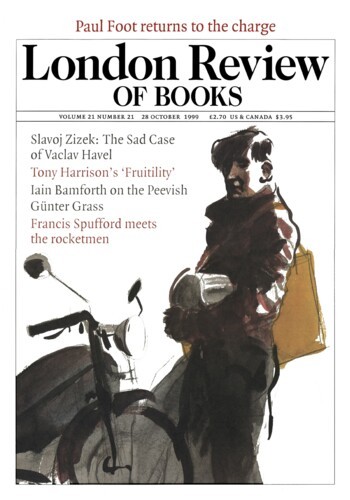Scram from Africa
John Reader, 16 March 2000
Tom Mboya, a leading minister in the Kenyan Government and widely spoken of as the man who would succeed President Jomo Kenyatta, was shot dead on a Nairobi street on Saturday, 5 July 1969. Mboya, whom Keith Kyle describes in this excellent book as ‘one of the most gifted leaders modern black Africa has yet produced’, belonged to Kenya’s second most powerful ethnic group, the Luo. The man arrested for killing him (a soldier who had undergone special forces training in Bulgaria) came from Kenya’s most powerful ethnic group, the Kikuyu. He was tried, found guilty on entirely circumstantial evidence and executed. During his trial the accused man referred pointedly to ‘big men’, and many felt they should have been picked up and questioned about their role in the killing. The ‘big men’ were not identified, however, though few doubted that it was a political assassination, and pundits warned that widespread violence between Luo and Kikuyu would follow ‘as surely as the tick bird follows the rhino’. Tribalism was about to give a demonstration of Africa at its most savage – and the world’s media flocked to Kenya.


